Ana Zibelnik and Jakob Ganslmeier offer the human face of climate change
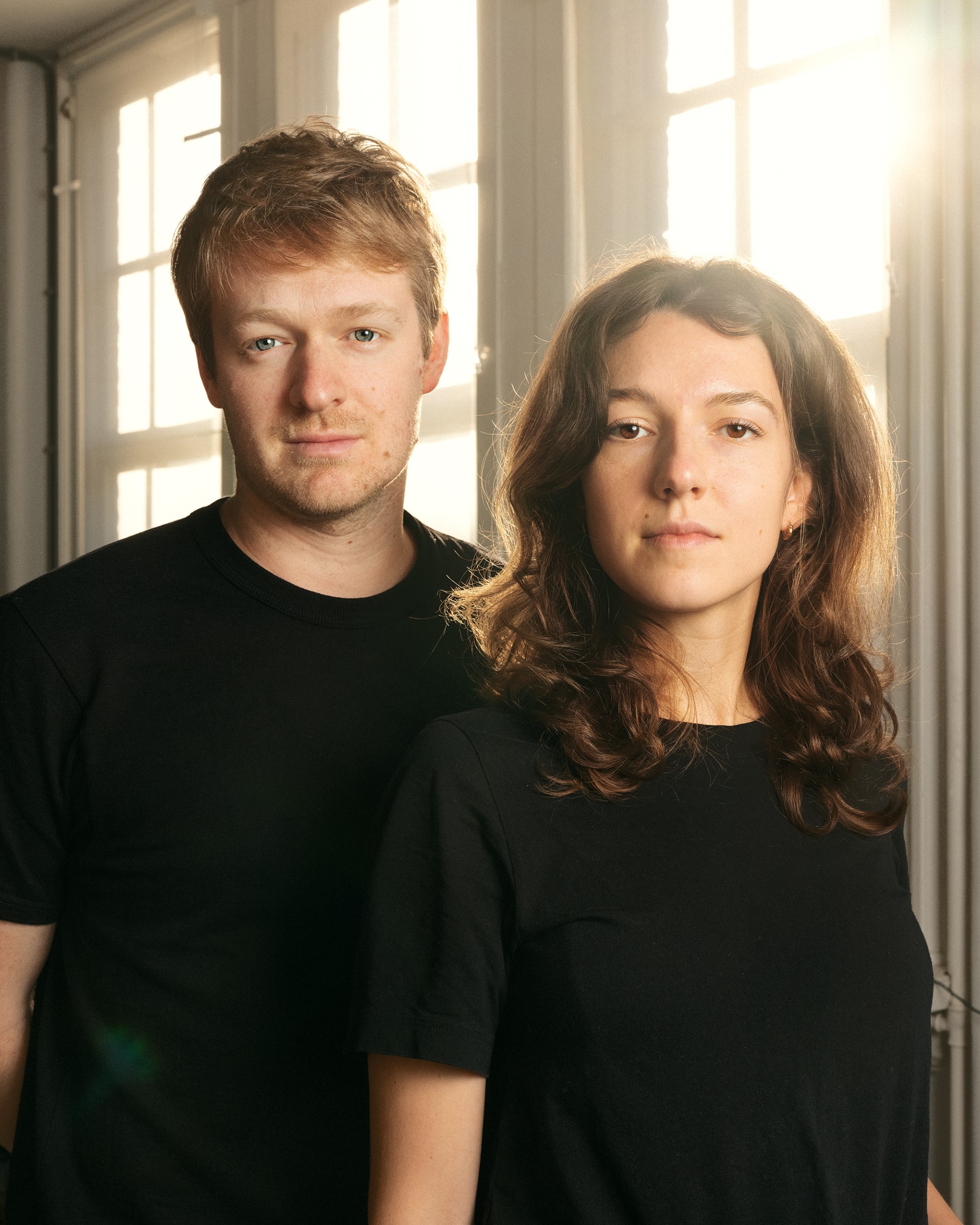
In their long-term project “Fault Line”, Ana Zibelnik and Jakob Ganslmeier focus on the social consequences of the climate crisis. Launched in 2023, the project explores the profound impact of climate change on individual lives in Europe, ranging from climate anxiety and activism to populist denial of the issue. By capturing portraits of individuals, the photographers give a human face to a problem that often feels quite abstract. In the first part of the project, the artists specifically address the psychological phenomenon of climate anxiety, which is particularly prevalent among young people as they are confronted with an uncertain future. “Fault Line” is currently on display at the Fotomuseum Den Haag (until 31 March 2024).
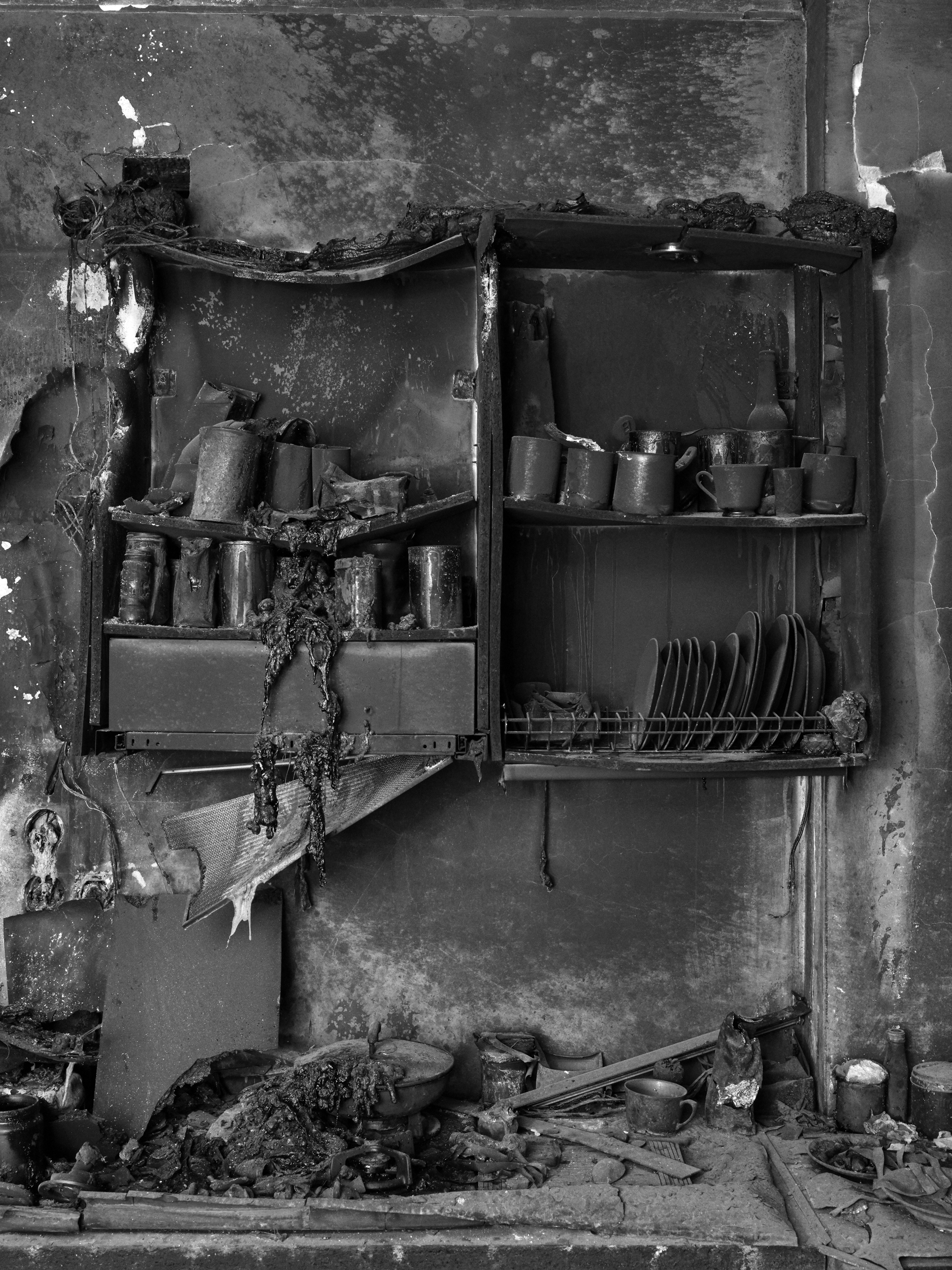
Ana Zibelnik and Jakob Ganslmeier will also present the project at Prospects: an initiative of the Mondriaan Fund that showcases work by 86 artists who received financial support in 2022 to launch their careers. The work on display ranges from photography to textile works, video to paintings and performances to sculptures. The exhibition is curated by Johan Gustavsson in collaboration with curator Louise Bjeldbak Henriksen.
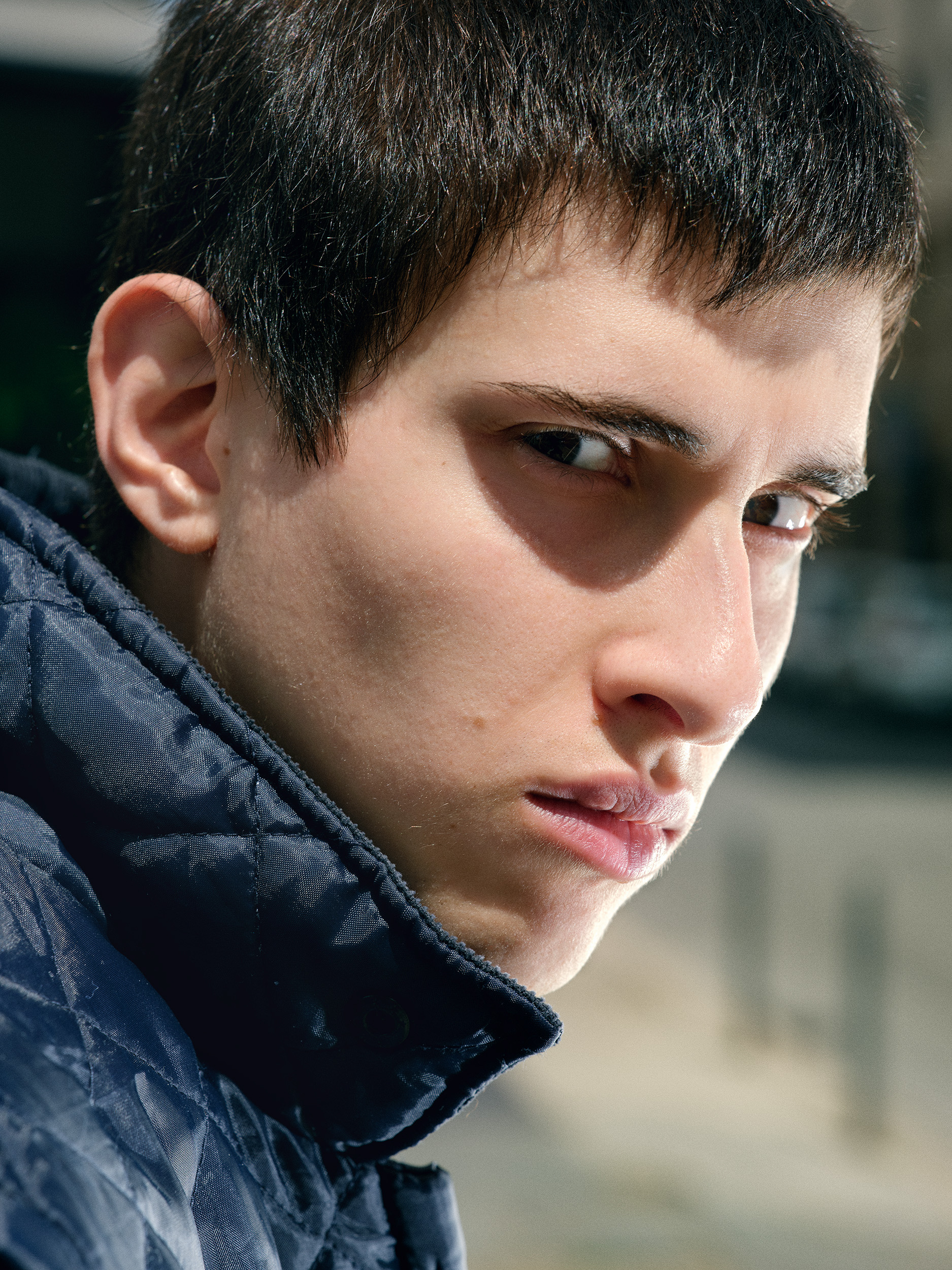
When we think about climate change, we often fall into one of two extremes: either being too optimistic, assuming that technology will save us in the end, or too pessimistic, pained by the idea that every piece of plastic we’ve ever used is still out there somewhere. In the latter case, we become paralysed and distance ourselves from the problem, thinking that we’re unable to bring about change. Many of us are dissatisfied with the minimal effect of our individual actions (such as recycling or not using a car) on the bigger picture, as well as the reluctance of powerful politicians to implement meaningful changes and a political shift to the right in many countries. The problem feels too big, too abstract. But artists have the ability to shape and influence our imagination and offer us something concrete.
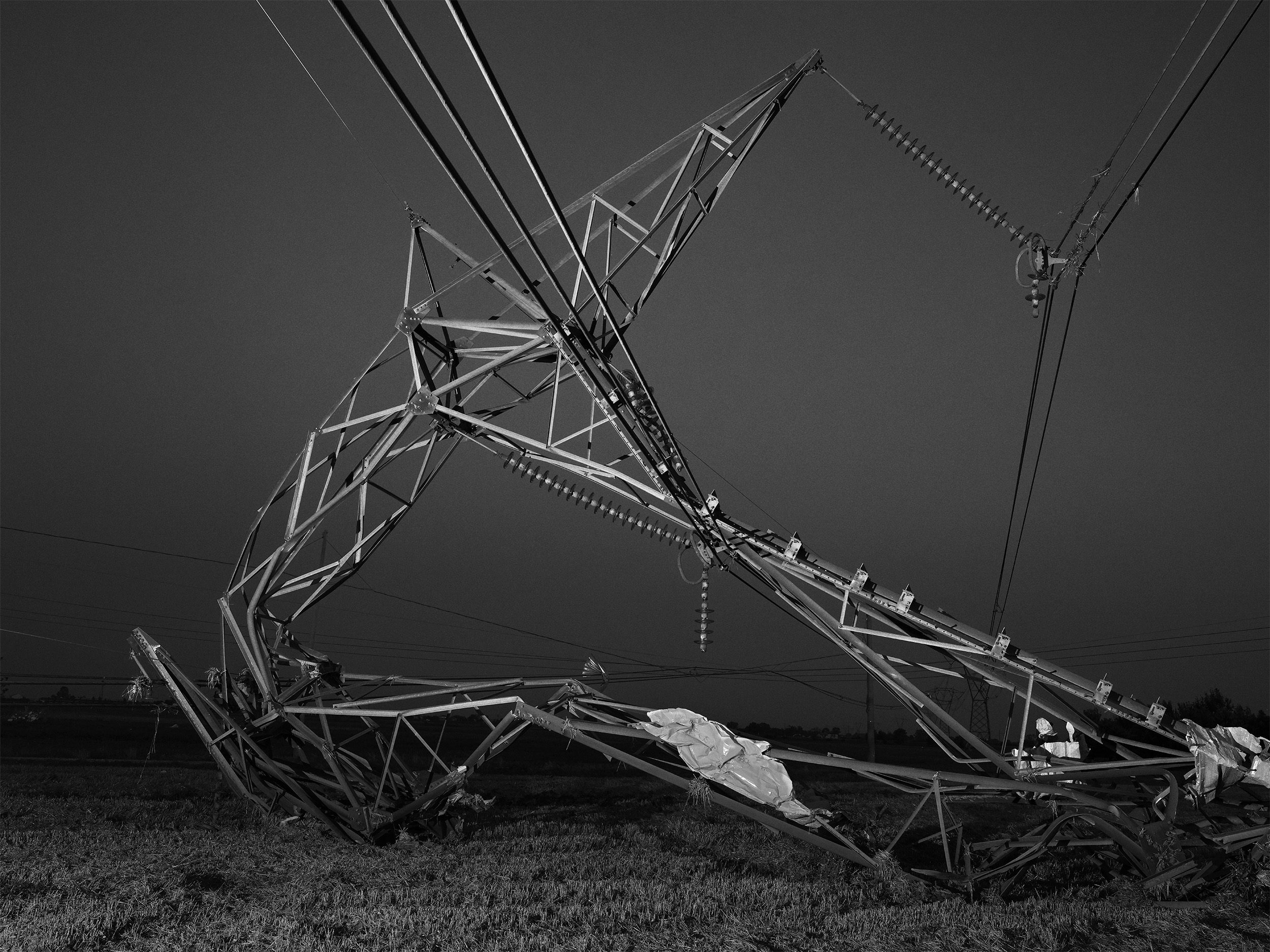
The artists Ana Zibelnik and Jakob Ganslmeier state that, “Images affect the way people think about societal issues. They have an emotional impact and can prompt us to form opinions and take action. Images of environmental devastation, in particular, are often captured from a distance — by drones or focused on the overall scope of natural and infrastructural damage. What interests us is a closer examination of such situations — how do extreme climate events impact individuals? How does the fear arising from such situations contribute to the emergence of hateful ideologies?”
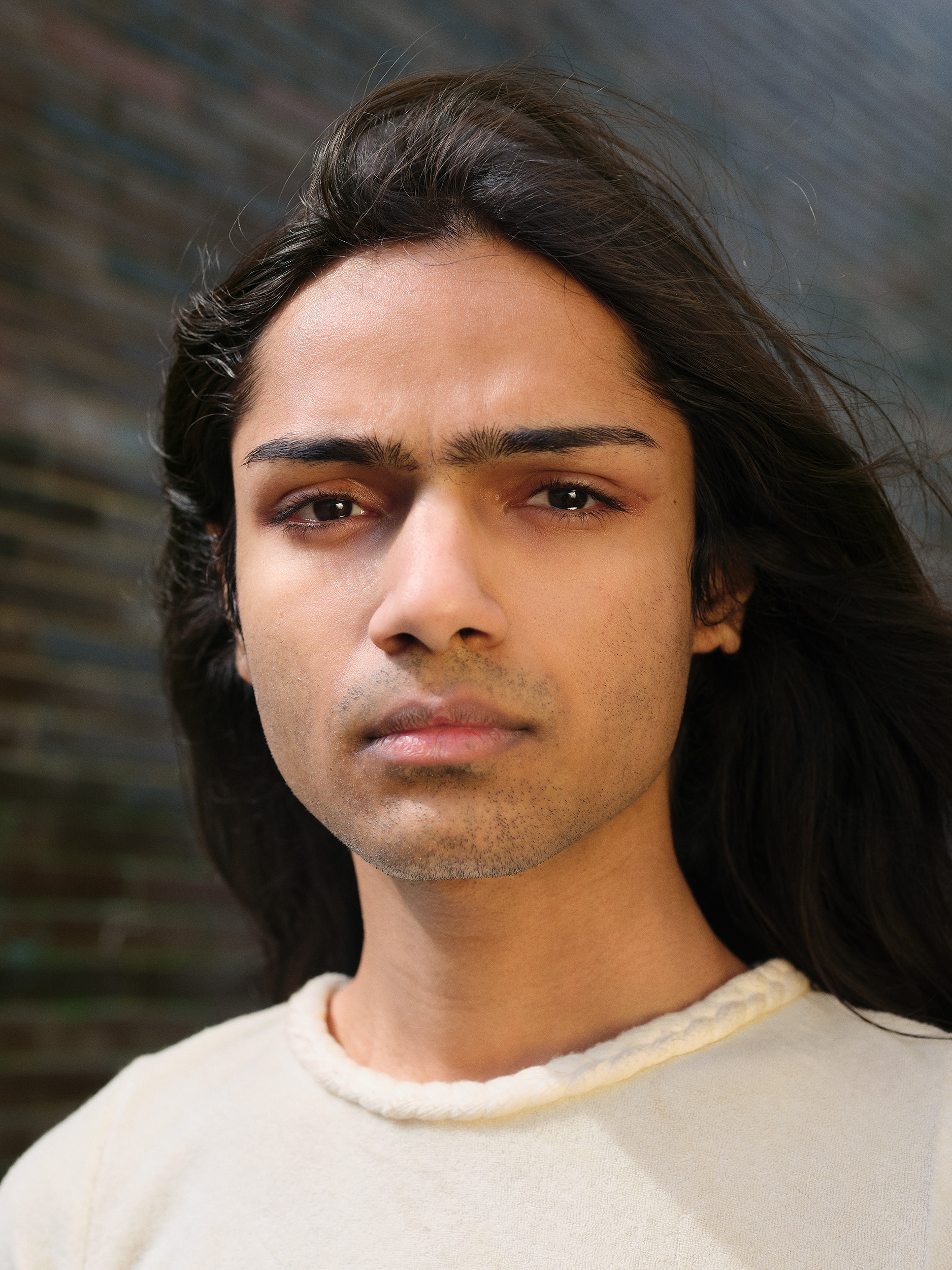
In “Fault Line”, the artists highlight how climate anxiety can be paralysing, but also a stimulus to take action. Their work includes collaborations with young climate activists in Italy and confrontations with Italian policymakers who deny climate change. During their travels through Italy, they documented the consequences of heavy rainfall and flooding, as well as the severe wildfires at the Greek border with Turkey, the largest wildfire Europe has ever known so far. They also spoke with climate refugees and with David Yambio, a human rights activist and founder of Refugees in Libya.
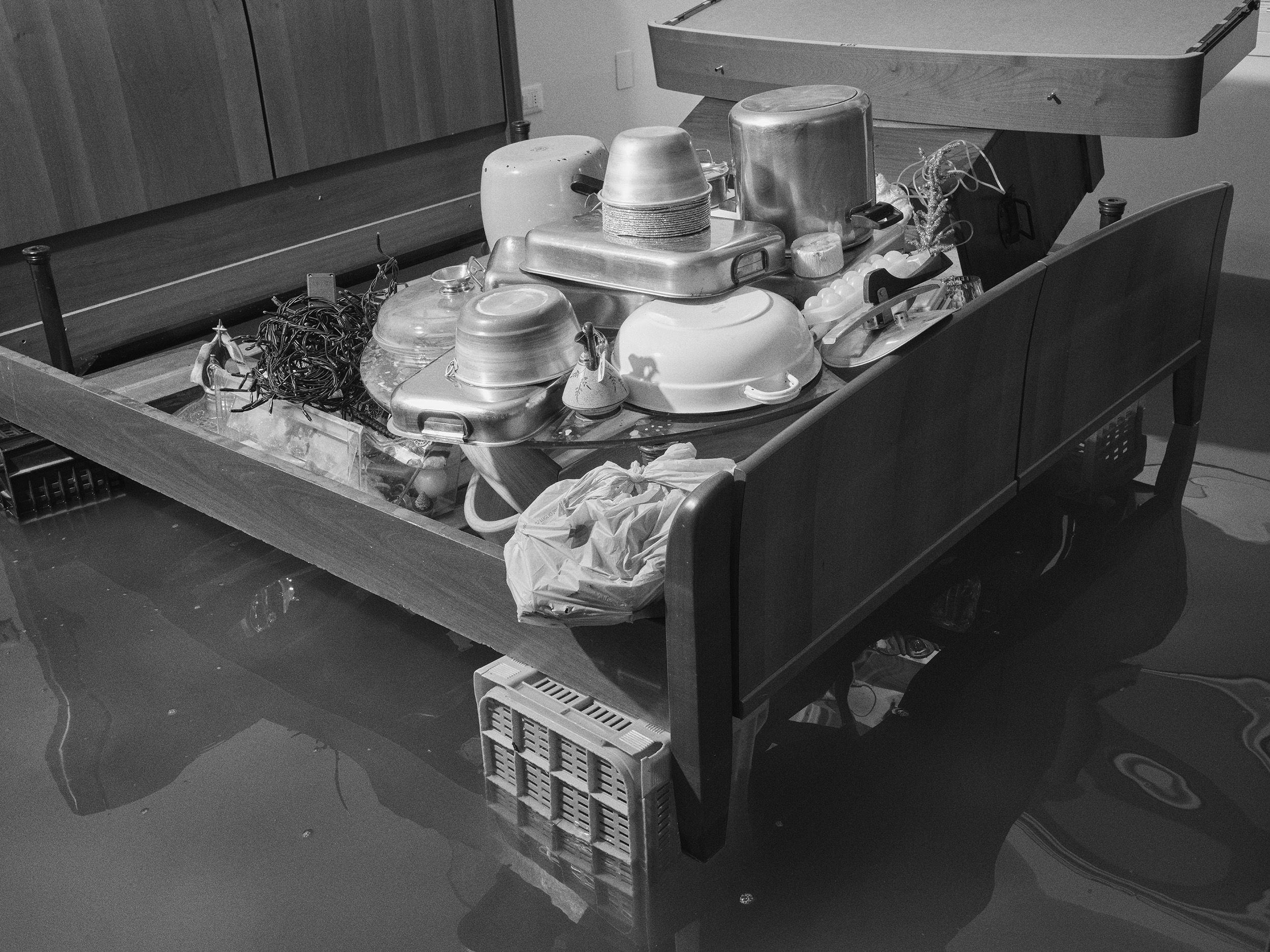
“Fault Line” offers an in-depth exploration of the climate crisis and its social impact. It’s an artistic project, but also a statement. It emphasises the need for action and awareness in a time when the consequences of the climate crisis are becoming increasingly tangible. Zibelnik and Ganslmeier ask critical questions about how the climate crisis — and the accelerating series of disasters — affects individual lives and how this contributes to the exacerbation of social and political polarization.
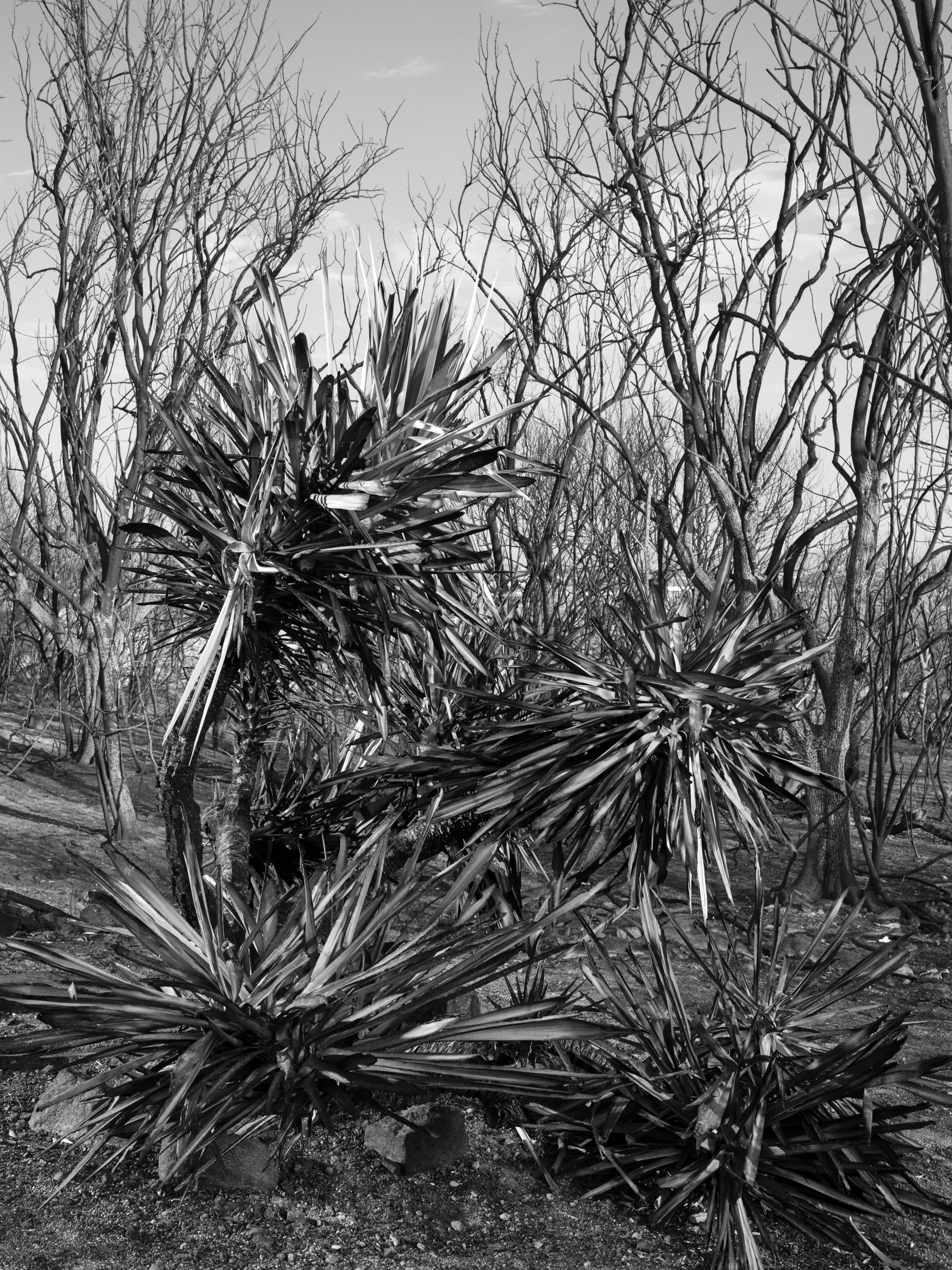
Ana Zibelnik, born in 1995 in Ljubljana, Slovenia, focuses in her work on themes such as global warming, climate anxiety, and its social implications. And what role does white supremacy play in the climate crisis? German artist Jakob Ganslmeier (1990) is interested in the visualisation of radical ideologies and the ways in which visual arts can be a means to counteract radical ideas and start conversations about societal issues with conflicting perspectives.
“Fault Line” by Ana Zibelnik and Jakob Ganslmeier will be on display in the Prospects section during Art Rotterdam.
Written by Flor Linckens


